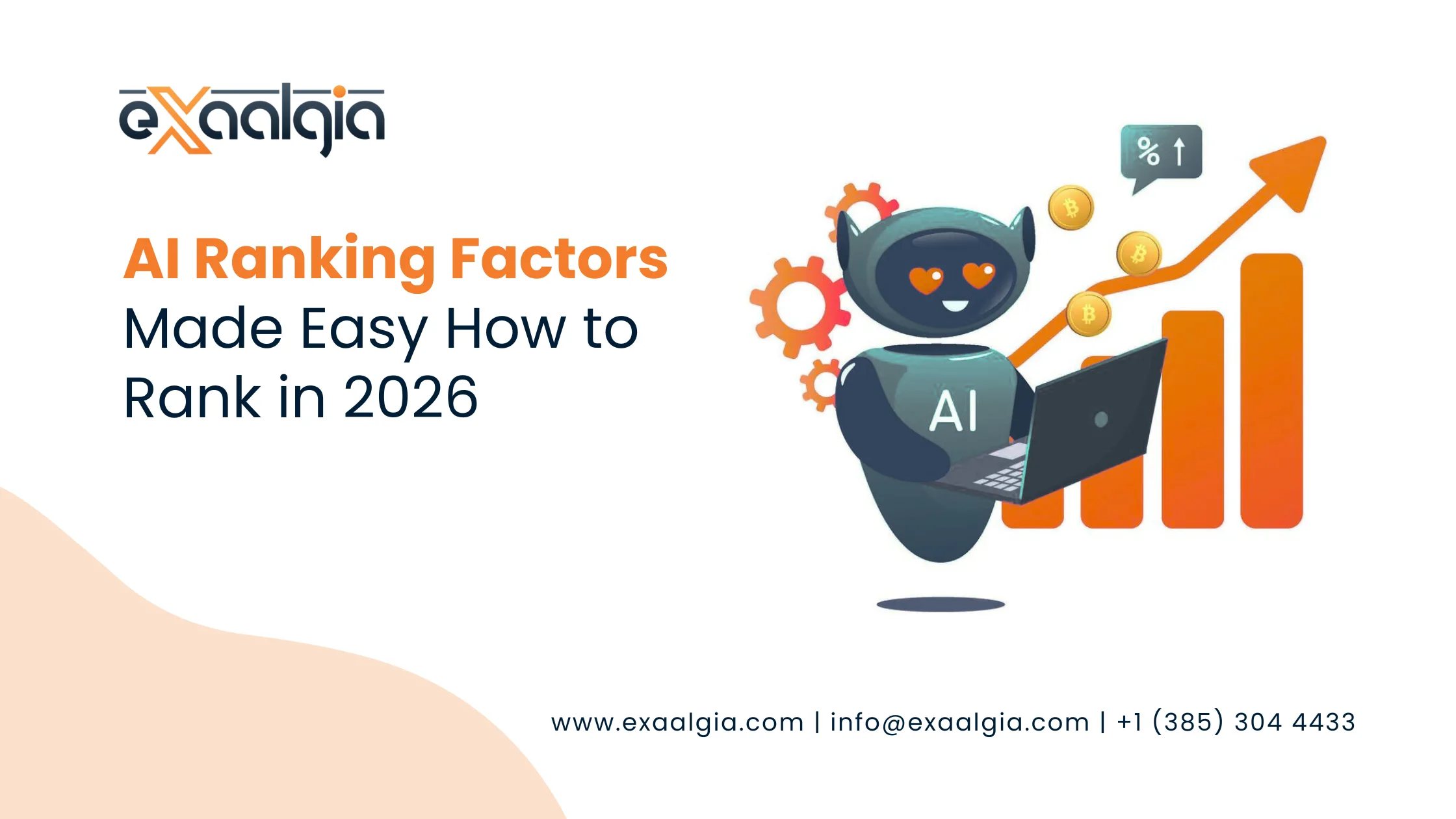The use of semantic keywords will not only grant your content a higher position on the search list but will also provide a much better user experience thus increasing your site’s credibility and attractiveness. In this manual, we will thoroughly cover the subject of semantic keywords, their definition, advantages, discovery methods, and implementation strategies.
What Are Semantic Keywords?
Semantic keywords are expressions or words that share the same meaning as your main keyword. Whereas exact match keywords are only concerned with the literal phrases, semantic keywords are all about context and meaning. They are a big help to the search engines as they provide a complete picture of the topic of your content, which in turn allows your content to be found by several related queries.
For example, if “digital marketing” is your primary keyword, then the semantic keywords will be:
- Online advertising strategies
- Social media campaigns
- Marketing automation tools
- Content marketing plans
Those terms that are linked to the main keyword give search engines a signal that your content is in-depth on that topic. Semantically related keywords are like support pillars holding up your main content, plus they make it more readable and useful for the audience.
A good case in point is the main keyword “pizza dough.” The list of supporting semantic keywords would then be:
- Homemade pizza crust
- Neapolitan-style pizza
- Bread flour and yeast
- Italian pizza recipes
The addition of these phrases will make your content to Google more informative and relevant which could lead to the sharing of multiple queries that are beyond your main keyword.
The Role of Semantic Keywords in Modern SEO
The transition to semantic search has brought Google to the point where user intent is more significant than exact match keyword frequency. Such keywords are critical for the simple reason that they allow your content to coincide with the actual queries of the users, thus boosting search and engagement equally.
Benefits of Semantic Keywords
1. Improved Search Relevance
With the inclusion of semantically related terms in your content, search engines get a clearer picture of your page dealing with the topic comprehensively. This means that your visibility for search queries is increased significantly, and you are not restricted to one exact match keyword case only.
2. Higher Rankings and Topical Authority
The content that is made to be keyword rich semantically is considered to be of a higher quality and a more detailed one. The pages whose related concepts and subtopics are well covered and highly detailed are the ones to win the battle against the competitors and build up topical authority.
3. Enhanced User Experience
Content with related keywords is made more lifelike and easier for the reader. They enable you to give the users more context, examples, and insights that users are actively looking for, therefore, increasing engagement and reducing bounce rates.
4. Discovery of Long-Tail Keywords
The research of semantic keywords quite often leads us to the long tail phrases that are highly relevant and have lower competition. The keywords can bring in the highly targeted traffic and consequently improve the conversion potential.
5. Expanded Visibility for Related Queries
Search engines know that users can ask the same thing in different ways. For instance, a search for “authentic pizza dough” may also cover “rustic Italian pizza recipes” or “homemade pizza techniques” as related searches. Usage of related keywords means that your content can be found in these related searches thus getting more visibility overall.
In the end, related terms give you the opportunity to produce user-centered, exhaustive and search engine friendly content. They also bring about the transformation of your SEO process from a narrow, keyword focused thinking to a broad, intent focused strategy.
Ways to Discover Semantic Keywords
Finding semantic keywords is a mixture of research, tools, and tactical analysis. Here’s how to conduct the process nicely:
1. SEO Tools
SEO tools are of great value in the process of identifying semantically related keywords and phrases. Some of the most important tools along with their uses are:
SEO Content Template: This one looks into the pages that are ruling the SERPs for your target keyword and shows the semantically connected terms.
SEO Writing Assistant: It suggests the missing semantic keywords when you are writing the content.
Keyword Magic Tool: It creates broad match variations and modifiers, thus uncovering even more semantic chances.
Organic Research: It studies the content of your competitors to pinpoint the semantic keywords they are focusing on.
The insights from these tools are very instrumental for the digital marketers to come up with the content that is comprehensive and contextually relevant.
2. Analyze Google Search Features
Google itself puts forward a number of methods for finding related keywords:
Autocomplete Suggestions: This feature anticipates frequent search questions and thus gives an idea of the related words.
Related Searches: At the bottom of the results page, these are the natural semantic keywords that Google links with your primary keyword.
People Also Ask (PAA) Boxes: These show up frequently asked questions plus related terms that users search along with your main keyword, thus presenting semantic keyword opportunities for your content.
3. Investigate Google Trends
Google Trends plays a significant role in the discovery of rising topics and of the trending queries linked with your central keyword. The usage of this tool grants you the following:
- Find Breakout queries that demonstrate an unexpected increase in the number of searches done.
- Point out related topics to broaden the scope of your content.
- Get to know the regional differences in order to invent semantic keywords for the local audience.
As an illustration, if your main keyword is “SEO”, the related trending queries might come out to be “AI tools for SEO,” “SEO content optimization,” or “semantic search strategies.”
4. Apply Word Clouds and Text Analysis
Finders keepers! The visual aids such as word clouds can spot terms that are mostly found in top-ranking content. These terms are often repeated indicating that they are semantic words of high value. Take the relevant content, create a word cloud, and concentrate on the high-frequency terms that are related to your main topic in a natural way.
Pro tip: Use descriptive internal links to strengthen semantic relationships between pages. Linking related content is not only helpful for user navigation but also a way to let search engines know that your site is a trustworthy source of information.
Semantically Rich Content Creation Process
After spotting semantic keywords, the subsequent task is to merge them into your content seamlessly. The proper execution of this activity will guarantee that your text is extensive, trustworthy, and easily searchable.
Best Practices
Natural Integration: Stay away from keyword stuffing. Semantic keywords should blend naturally into your content so that readability and engagement are not compromised.
Content Clusters: Weave together the content based on a common subject. A website for instance that discusses “digital marketing” could incorporate subtopics such as social media strategies, content writing, email marketing, and SEO linking with each other. This forms a content cluster providing a sign of authority on the topic at large.
Internal Linking: Join the pages that are related to each other in order to make the semantic aspect stronger and also to help the search engines to comprehend the structure and the relationships in your content.
Rich Media Integration: Integrate pictures, videos, and infographics to accentuate the semantic meaning. Besides supporting semantic SEO, multimedia content also significantly boosts user engagement and comprehension.
Address Questions Related: Semantically related keywords can be employed to give answers to the frequently asked questions, either in the body of the content or in the FAQ section specifically designated for that purpose. This not only aligns your content with the user intent but also increases the likelihood of your appearing in Google’s people also ask boxes.
Example for “pizza dough”:
- The history and origins of pizza dough
- Ingredients and types of flour
- Step-by-step preparation guide
- Tips for achieving authentic Neapolitan pizza
- Troubleshooting common mistakes
By treating these subtopics and using related keywords naturally, your content gets the status of a complete guide that is welcomed by both readers and search engines.
Advanced Semantic SEO Techniques
For those in the digital marketing field and agencies having a competitive edge, then advanced semantic SEO strategies would be the solution and they consist of:
Structured Data Implementation: Utilizing schema markup would allow search engines to better understand your content type and its connections, thus making you more visible in the rich results area.
User Intent Optimization: Instead of just matching keywords, the focus should be on producing content that is helpful, that solves problems or that provides the answers.
Content Refreshing: Refresh the content regularly to ensure that it includes not only the trending semantic keywords but also the ones that are still relevant.
Performance Monitoring: Monitoring not only the direct and semantic keywords to see how the strategy is working but also looking at engagement and rankings.
Semantic keywords are, thus, the image of a long-term strategy investment in a content strategy. Their right utilization leads to the drawing of a highly relevant audience, higher interaction, and the fortifying of your online brand authority.
Elevate Your Content with Semantic Keywords
In today’s SEO landscape, semantic keywords are the keywords that the search engines are aware of. They help the search engines to get the content’s context, intent, and relevance. The use of semantic keywords in the digital strategy enables one to:
- Increase visibility on search engines and ranking potential
- User engagement and experience will be of better quality
- Become the leading authority in your field
- Find and use long-tail keywords
For digital marketing experts, it is no longer a matter of choice to know and use semantic keywords, but rather a strategic need for the long haul of SEO success.
Your content can remain relevant, discoverable, and valuable to both search engines and users by doing thorough semantic keyword research and integrating related terms naturally into your content, and building your pages with authority and depth.
Frequently Asked Questions About Semantic Keywords
1. What are semantic keywords and why are they important for SEO?
Semantic keywords are associated words or phrases through which the primary word is defined and communicated. They make it easier for the search engines to grasp your subject matter more fully, thus enhancing your relevance, and consequently your rankings and visibility, for several related queries.
2. How do semantic keywords differ from regular keywords?
Normal keywords aim at specific match expressions, while semantic ones are concerned with the depth of concept and the motivations of the user. The presence of semantic keywords in a piece of writing means thorough discussion of the topic, which is equally beneficial for the reader and the search engine.
3. How can I find the right semantic keywords for my content?
The use of SEO tools like SEMrush, Ahrefs, or Moz will lead you to semantic keywords. Further, you can analyze Google’s Related Searches and People Also Ask, go through Google Trends, and also look at the top-ranking competing content to not only find relevant words but also understand the context of those words.
4. How should I use semantic keywords in my content?
Make sure to stress semantic keywords through headings, paragraphs, FAQs, and meta descriptions. Make the user’s purpose your priority instead of counting keywords per page, architect the content the way topic clusters are formed, and apply internal linking to make the content more relevant technically.
5. Can semantic keywords improve my search rankings?
Definitely. The use of semantic keywords in your content is a way of indicating to the search engines that your site provides full coverage of the subject; therefore, it becomes discredited and only one topic gets the more search visibility.







